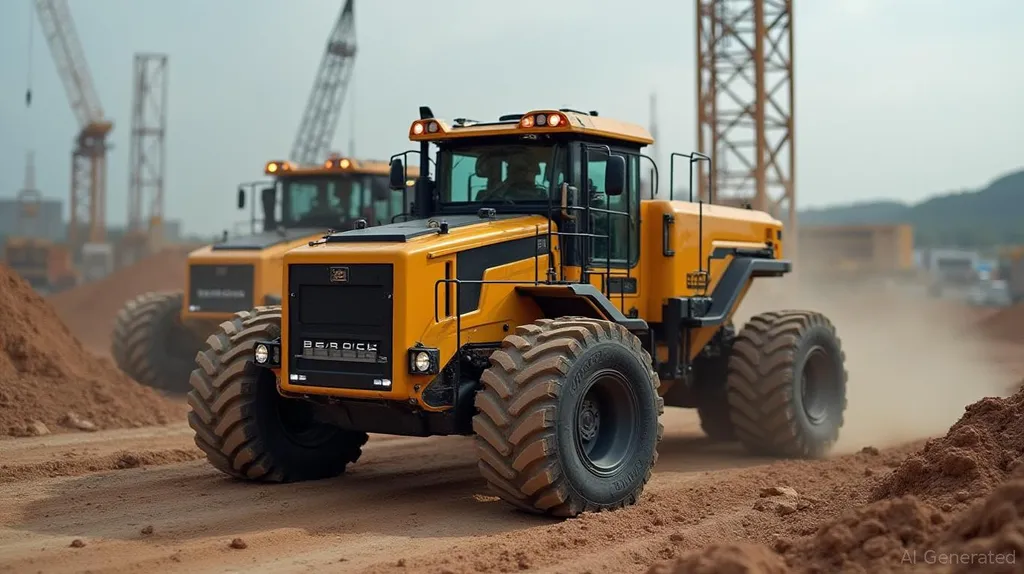The construction industry, long anchored in tradition, is on the brink of a seismic shift. Bedrock Robotics, a pioneer in robotic automation, has just secured an $80 million investment—a bold vote of confidence in a future where construction is safer, smarter, and far more efficient. This isn’t just about machines replacing humans; it’s about technology empowering workers to build better, faster, and with fewer risks.
Bedrock Robotics is redefining what’s possible in construction. Their robots aren’t just tools; they’re collaborators. Designed to adapt to the unpredictable nature of construction sites, these machines handle repetitive, labor-intensive tasks with precision, freeing up human workers for more complex, creative problem-solving. This isn’t about eliminating jobs—it’s about transforming them. As labor shortages persist and safety concerns grow, automation emerges as a critical solution. Bedrock’s robots don’t just increase productivity; they reduce the physical toll on workers, mitigating injuries and fatigue.
The $80 million infusion isn’t just about scaling up—it’s about scaling deeper. With this funding, Bedrock can accelerate research and development, ensuring their robots stay ahead of industry demands. It’s not just about building better machines; it’s about integrating them seamlessly into existing workflows. The goal? To make automation as intuitive as the tools construction workers already rely on.
But Bedrock isn’t working in isolation. The construction industry is ripe for disruption, and collaboration is key. By partnering with construction firms, tech companies, and academic institutions, Bedrock can refine its solutions to meet real-world challenges. This isn’t just about innovation for innovation’s sake—it’s about solving problems that have plagued the industry for decades.
The future of construction isn’t just about taller buildings or grander infrastructure—it’s about sustainability, efficiency, and safety. Automation plays a pivotal role in this evolution. As Bedrock Robotics continues to push boundaries, the industry stands on the precipice of a new era. One where technology and human ingenuity work in harmony to build a better, smarter, and more sustainable world. The $80 million investment isn’t just a financial milestone—it’s a catalyst for change, a signal that the future of construction is here, and it’s automated.

